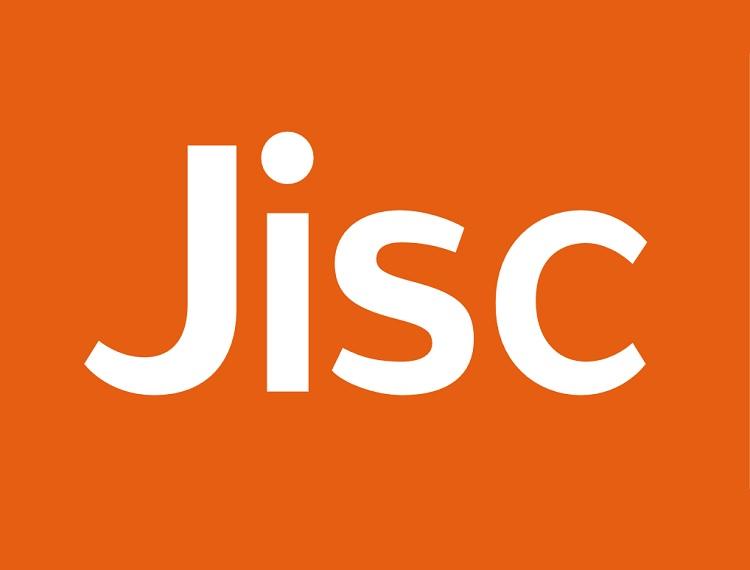82% of A-level students completely unaware of the alternatives for university

Despite the recent results of HEFCE’s 2017 national student survey, there are in fact record numbers of students enrolled on three year campus-based degree courses within UK higher education. Equally surprising, is the lack of awareness of education options amongst 82% of learners, with 77% of students also reporting that they didn’t know about alternative ways to study a degree, such as online, in this recent poll by Student Crowd*.
The standard university offer has increased in popularity over the last decade, with billboards at stations and airports indicative of the intense competition between universities to attract new students.
In spite of the fierce competition between institutions, today’s results may seem make or break for many A-level students set on a course to their dream career – via the traditional route of a three year degree – but there are alternatives, and not just through clearing.
Policy Connect is shortly to release a parliamentary report on alternative provision in higher and further education, and whether alternative models offer a real challenge to the status quo.
 Jon Wakeford, Member of the HE Commission and Director of Strategy at UPP, said:
Jon Wakeford, Member of the HE Commission and Director of Strategy at UPP, said:
Whilst universities currently appear to be doing a very good job at providing a higher education closely tailored to the needs of their students, like other industries, HE cannot be complacent. For it to thrive, the HE sector needs to boost ways of learning and offer choice and opportunity for students in order to improve its complex and nuanced product. Within this context, it is notable therefore, that the three year, campus-based model of delivery continues to hold sway in the thinking of students.
We know that successfully completing their studies, having an excellent experience and gaining employability skills are key drivers for students. Diversifying ways of learning will help to respond to the different needs of students and is an important element to improving social mobility throughout HE. We’re pleased to support this report by Policy Connect and believe it provides a springboard to innovation.
One of the key areas investigated by this 5th inquiry of the HE Commission, has been how technology is utilised to deliver different models or styles of learning.
 Commissioner for the inquiry, Paul Feldman, CEO of Jisc – the edtech provider for education and research – commented:
Commissioner for the inquiry, Paul Feldman, CEO of Jisc – the edtech provider for education and research – commented:
Whatever route taken by those who open their results today, their future will be digital. In examining the diversity of provision across higher and further education, there have been some excellent examples of technology enhanced learning, which the whole sector can benefit from.
If the education sector is to ‘deliver choice and opportunity for students’ (BIS 2016) – as outlined by government plans to introduce new ‘challenger institutions’ – students need also to be aware of their options.
 Universities Minister, Jo Johnson has said:
Universities Minister, Jo Johnson has said:
There is a lack of innovation and an increasing predominance of the traditional three-year residential model. There is insufficient innovation, such as new provision of accelerated courses, two year provision, part time provision and degree apprenticeships that offer workplace experience.

Jonathan Shaw, CEO of Policy Connect comments:
This timely survey and ensuing inquiry will help the new regulator put in place changes for higher education to really fulfil its role as the engine of social mobility. In order to do this, the Office for Students needs to pay close attention to boosting the profile of ways of learning that break the mould.
About Policy Connect: Policy Connect is the go to cross-party think tank, successfully delivering new policy ideas through research, evidence, political meetings and sector engagement. With no set ideology, we recommend the best approach from facts and data, and help influence policy decisions and law-making. We find the common ground and build consensus to improve public policy.
- The Education & Skills team comprises the Higher Education Commission, All-Party Parliamentary Group for Skills & Employment, and the Skills Commission.
- Policy Connect’s Higher Education Commission will be publishing its research into alternative providers in higher education on September 14th at 11am.
About Jisc: The UK higher, further education and skills sectors’ not-for-profit organisation for digital services and solutions. Jisc operate shared digital infrastructure and services, negotiate sector-wide deals with IT vendors and commercial publishers and provide trusted advice and practical assistance for universities, colleges and learning providers.
About University Partnerships Programme (UPP): The leading provider of on campus student accommodation infrastructure and support services in the UK. We have around 32,000 rooms under management or in construction through long term partnerships with 15 leading UK universities. With over 800 employees, we work to deliver the very best student experiences, together with great universities.
We offer bespoke partnerships of typically 40 to 50 years which enable universities to make the most effective use of their assets, free up resources and improve services available to students. We design and develop high quality, affordable student accommodation on campus. Our innovative approach means our interests are aligned with those of each university partner.
Founded in 1998, we have since invested in excess of £2 billion in universities across the UK. We have established a long term growth strategy to ensure we remain well positioned to meet the growing demand for investment within the UK’s higher education sector, whilst at the same time helping our partners achieve their long term ambitions. In 2013, we outlined a five-year growth plan in which we aim to invest a further £1 billion in delivering the very best student experiences, as well as expand our portfolio to more than 40,000 rooms.
In 2013, UPP made its debut £382.1 million public bond issuance. With a multicurrency programme size of £5 billion, the issuance was the first of its kind within the sector and illustrates our ongoing ambition to bring long term institutional investment to higher education in the UK. In 2014, UPP launched a further tranche of £149.7 million index linked senior secured notes under its investment grade programme.
* All figures as at 31 August 2016.











Responses